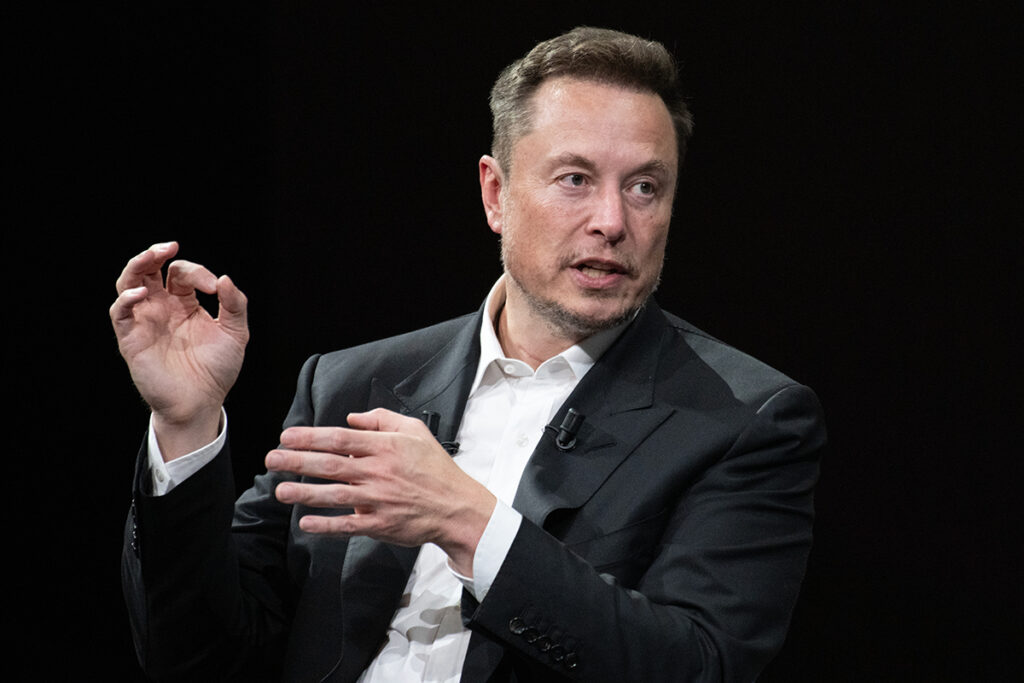In a groundbreaking legal move, Elon Musk has initiated a lawsuit against OpenAI, the artificial intelligence research company he co-founded, and its CEO Sam Altman. The lawsuit, filed in a California state court, alleges that OpenAI has strayed from its foundational nonprofit ethos by engaging in a lucrative $13 billion partnership with Microsoft and opting to keep the code of its latest AI products under wraps. This action, according to Musk, constitutes a breach of contract.
Musk, who distanced himself from OpenAI in 2018 to establish his own AI venture, xAI, argues that the formation of OpenAI LP, a profit-driven entity within OpenAI’s structure, along with its partnership with Microsoft, directly contravenes the organization’s original charter. The transformation of OpenAI from a non-profit entity into a for-profit behemoth, now valued at $90 billion, has been a bone of contention for Musk. He credits Sam Altman as the architect behind this dramatic shift in OpenAI’s valuation and mission.
The lawsuit also sheds light on a tumultuous period in OpenAI’s leadership last year, which saw Altman temporarily removed from his position amid concerns over AI risks. Despite this leadership shakeup, Altman was reinstated after a few days, an event that Musk’s lawsuit suggests was influenced by Microsoft’s vested interest in commercializing AI technology.
A significant portion of Musk’s legal complaint delves into the perceived overreach of Microsoft’s influence on OpenAI, suggesting that the AI research company has become an extension of the tech giant’s empire, prioritizing profit over its initial mission. The complaint notes Microsoft’s name appearing numerous times, underscoring the tech company’s pivotal role in this controversy, although it is not formally listed as a defendant.
Musk, known for his ventures Tesla and SpaceX, has been vocal about the potential dangers of artificial intelligence. The lawsuit portrays a stark contrast in vision between Musk and the current leadership at OpenAI, with Musk emphasizing the existential threat posed by AI, while accusing OpenAI’s leaders of succumbing to greed.
This legal action comes at a time when the ethics of AI development and the consolidation of power within the tech industry are hotly debated topics. Musk’s lawsuit not only highlights the complexities of navigating AI research within a profit-driven framework but also raises questions about the future direction of OpenAI and its commitment to its original mission.
As the case progresses, the tech and legal communities will be watching closely to see how this dispute between a pioneering entrepreneur and one of the most influential AI research organizations unfolds. The outcome may have far-reaching implications for the governance, ethics, and commercialization of artificial intelligence technologies.


